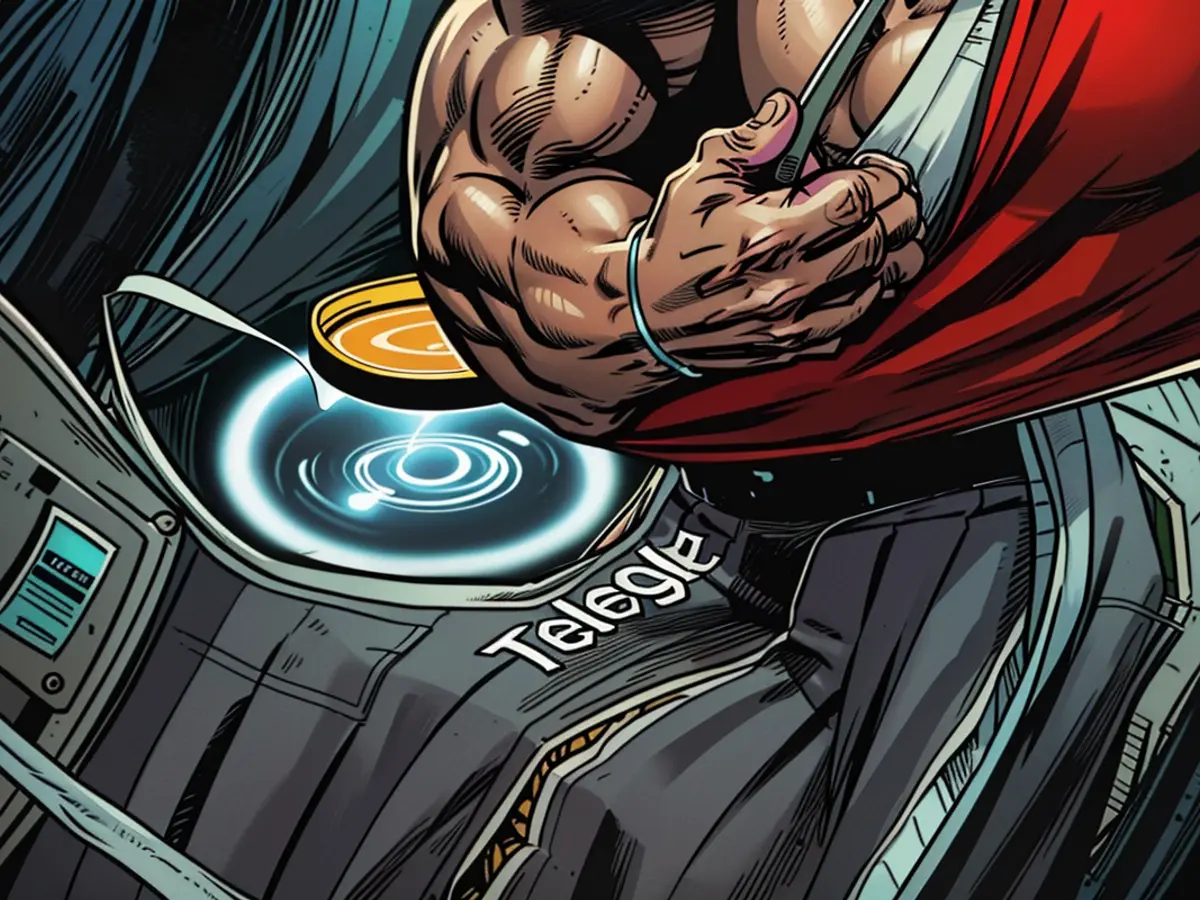- Pistorius défend la défense antimissile
Compte tenu du déploiement prévu d'armes à longue portée des États-Unis en Allemagne, les représentants de la parti au pouvoir, le SPD, continuent d'exprimer leurs préoccupations. Le ministre fédéral de la Défense, Boris Pistorius - également du SPD - a de nouveau défendu les plans. La critique vient du parti vert, partenaire de la coalition, et de l'Union en ce qui concerne la communication de la décision de déployer les armes par le chancelier fédéral Olaf Scholz (SPD).
Pistorius a déclaré mardi (heure locale) lors d'une visite aux États-Unis à l'état d'Hawaii que le déploiement concernait des armes conventionnelles qui ne sont pas destinées à être équipées de ogives nucléaires. "Il est important de souligner clairement cela pour rassurer ceux qui s'inquiètent de cela", a-t-il déclaré. La Russie possède déjà des armes de cette portée et d'autres depuis longtemps et a violé et quitté le traité FNI, qui réglemente les systèmes nucléaires de moyenne portée. Le déploiement d'armes plus lointaines avec des ogives conventionnelles vise maintenant à "dissuader réellement", a déclaré Pistorius.
Le député SPD Stegner : négocier avec la Russie
"We must not make the world more dangerous, not enter a new arms race," warned SPD Bundestag member Ralf Stegner in the WDR 5 "Morning Echo". "We must see that we enter into negotiations with Russia. I know it's difficult, but escalation is the worst option we can have."
Stegner is not the only critical voice in the SPD. Fraktion chief Rolf Mützenich had warned of the risk of military escalation. The former party chairman Norbert Walter-Borjans criticized the lack of debate over the decision of the federal government.
Lang: Communiquer la décision de manière transparente
At the NATO summit three weeks ago, the USA and Germany announced the deployment of Tomahawk cruise missiles, SM-6 rockets, and new hypersonic weapons from 2026 as a response to threats from Russia, which many Bundestag members found surprising. Criticism and demands that the topic be placed on the Bundestag's agenda came from several parties, including Pistorius' SPD.
Green Party leader Ricarda Lang showed openness to this in the RTL/ntv show "Early Start": "I think it would be sensible to have a more societal and politically strong debate on this." She criticized the communication on the topic: "It would have been good if Olaf Scholz as Federal Chancellor had used the chance to communicate this decision transparently to the population and to explain the reasons behind it."
Lang called for open communication regarding possible concerns among the population. Her party colleague, defense politician Agnieszka Brugger, told the "Rheinische Post": "While I find the deployment understandable and correct, I am greatly puzzled by the manner of communication. The Chancellor must urgently explain and contextualize a decision of this magnitude." Criticism also came from Saxony's Minister President Michael Kretschmer (CDU), who is facing an important state election. "We must discuss this with the population," he said on RTL/ntv. "This policy of 'do as I say' and simply implementing it, that won't do. I support a missile defense shield for Europe. But to simply do it and not talk, in fact, to use words like 'war-mongering', that creates questions, criticism, uncertainty, and probably also false ideas."
According to the government, the Bundestag has already been informed on the matter. Over a week after the NATO summit, a corresponding letter from the Ministry of Defense and the Foreign Office was sent to representatives of all factions in the committees for Foreign Affairs and Defense on July 19, the Federal Press Office stated. However, a debate in parliament is also being demanded.
Defense Minister Pistorius said that there is nothing against openly speaking about this topic in the Bundestag. "But it is originally not a topic that should be previously discussed in parliament. It is also not comparable to the NATO double decision from the 80s. Therefore, we should carefully differentiate here."







